BRIEF
Plastic Tax
“Lobby governments around the world to create a 90%+ tax on all non-recycled plastic production.”
— Sergio Mugnaini view full brief
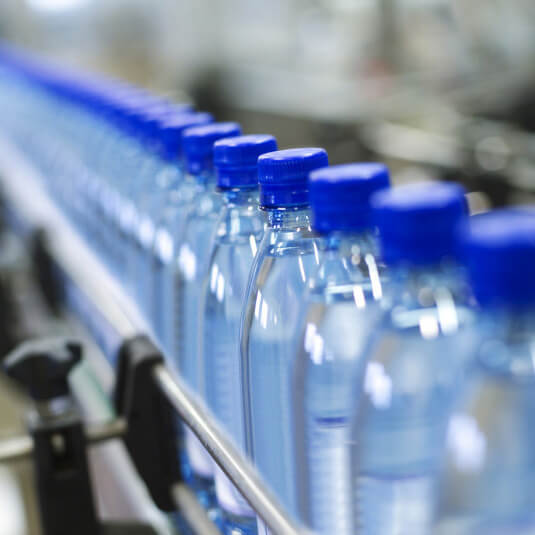
INSIGHT
Recyclable plastics are labeled with numbers 1-7 to tell workers what kind of plastic it is, and how it should be processed, but most people don’t know about it and it is easy to miss. The number is a resin identification code, used to help recycling plants sort materials. The most toxic plastics are #3 polyvinyl chloride (PVC), #6 polystyrene (PS), and #7 other, while #7 is a plastic catch-all for variations that may even contain hazardous byproducts like BPA and BPS, polystyrene is Styrofoam (so a hot to-go coffee cup or Styrofoam to-go food containers). Production of non or hardly recyclable materials is still allowed in Australia.
How can we answer the brief and associate non-recyclable plastic production with tax and push the government to stop its production? We need to engage the population to advocate a plastic tax. But let’s face it, tax sucks, and people loath paying it. So if we are to create a plastic tax, how can we incentivise people to like it? By rewarding them!
IDEA
EnviroTaxCard
Rewards for Good
The EnviroTaxCard is the world’s first tax rewards card. For every recyclable product you purchase in store, you can earn points, plus you can save on your shopping with savings coming straight out of the tax.
It all starts with the consumer – if the consumer cares, the retailer cares. If the retailer cares, the producer cares. So we need to start making the consumer care. A recycle reward system would ultimately lead to consumers buying more recyclable products and retailers demanding only recyclable packaging from producers.
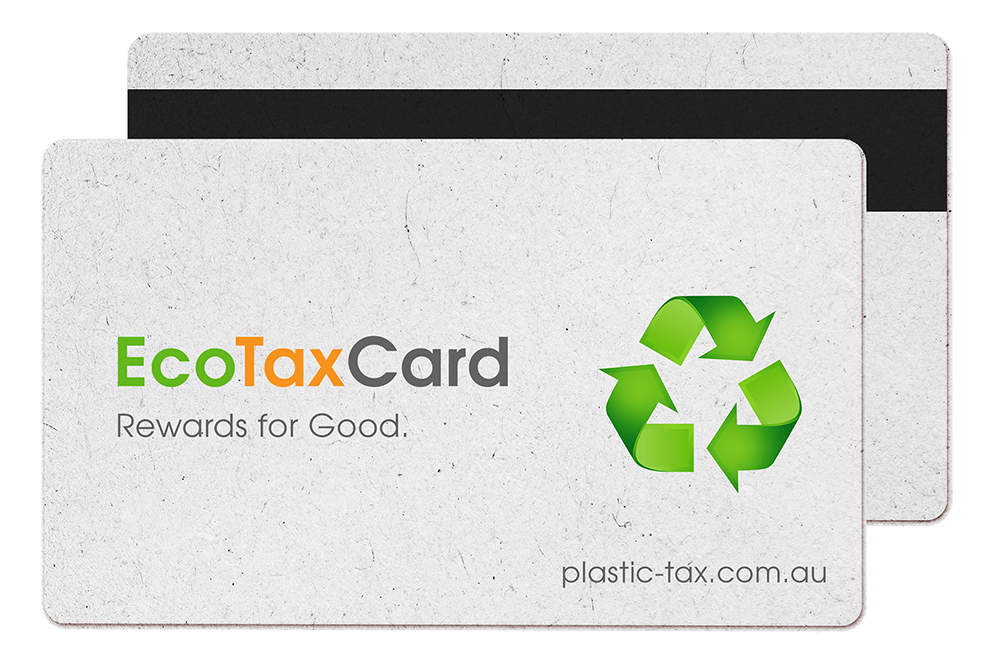
Introducing a rating system
Plastic looks like plastic. It is hard to differentiate what it is actually made of or if it’s recyclable or not. Products that look like paper can be coated with non-recyclable plastic films. How can we flag packaging with an easy to understand system for consumers? We need to educate consumers about the recyclability of a product first if we want to introduce a plastic tax. The resin identification code is too easy to miss and too hard to understand. We need a simple system that shows how recyclable a product really is.
Similar to the health star rating, we would create an easy to understand label that indicates the recyclability of a product packaging. Ideally this would be printed on all packaging directly but it could also be added to price tags in the interim.
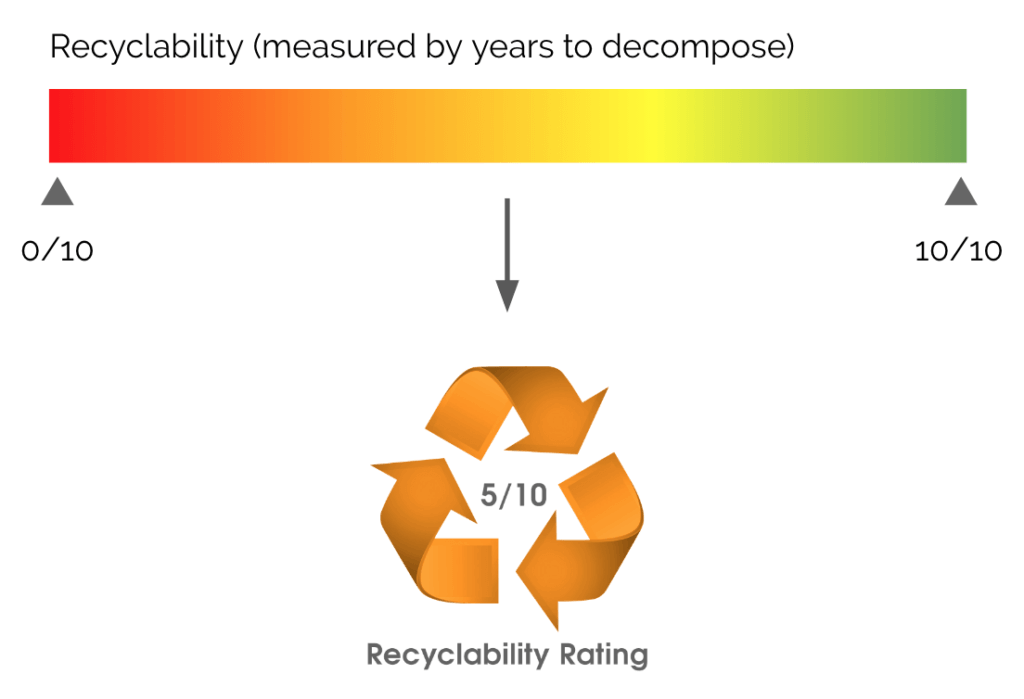
Direct Tax Benefits
We are getting supermarkets on board. Who needs frequent flyer points or fuel vouchers? You need about a billion points to achieve anything, and points expire too quickly. We don’t make it that hard. The more recyclable a product is rated, the more points you earn and the more you can save on tax. Redeem your savings directly when you shop and save on your shopping bill.
How it works
The product needs to have a rating of 1 or more in order to be eligible for the tax offset. People could save up to 10% off GST using their EnviroTaxCard. Any products rated 0 would not be eligible. Bigger savings and additional reward points would be given for a higher recyclability rating.
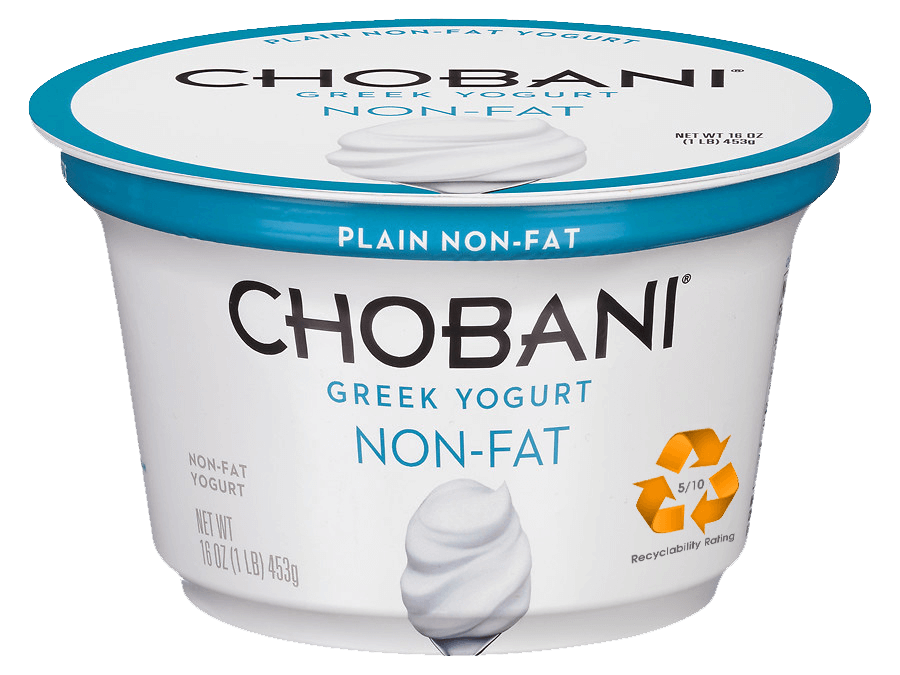
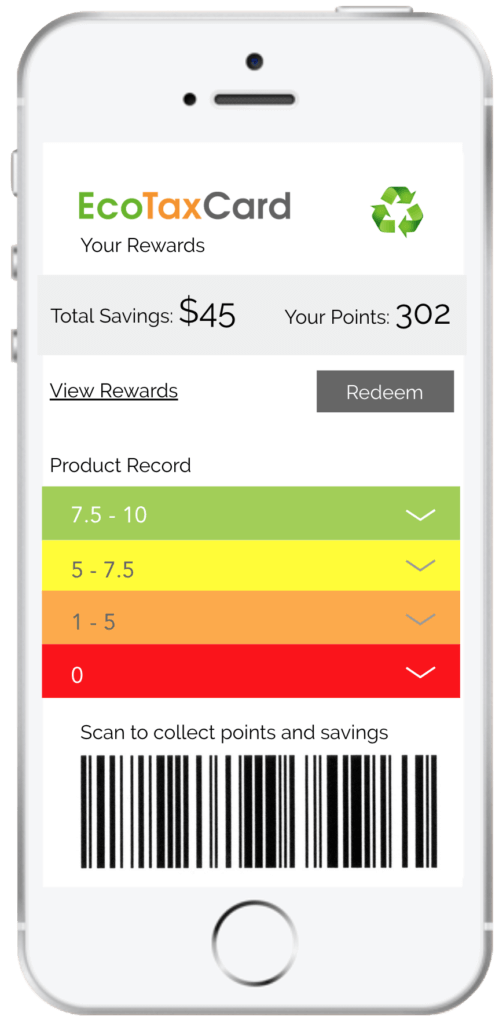
Rewards App
Keep track
We create an app that can be connected to the card. It tells customers more about the recyclability of the products they have bought. In the app, they can also keep track of their savings and redeem their points.
Receipts
Along with the collected points, we also add more information to the receipts given in-store so consumers can see straight away how ‘recyclable’ their shopping was and how much money they saved (or could have saved with the EcoTaxCard).
